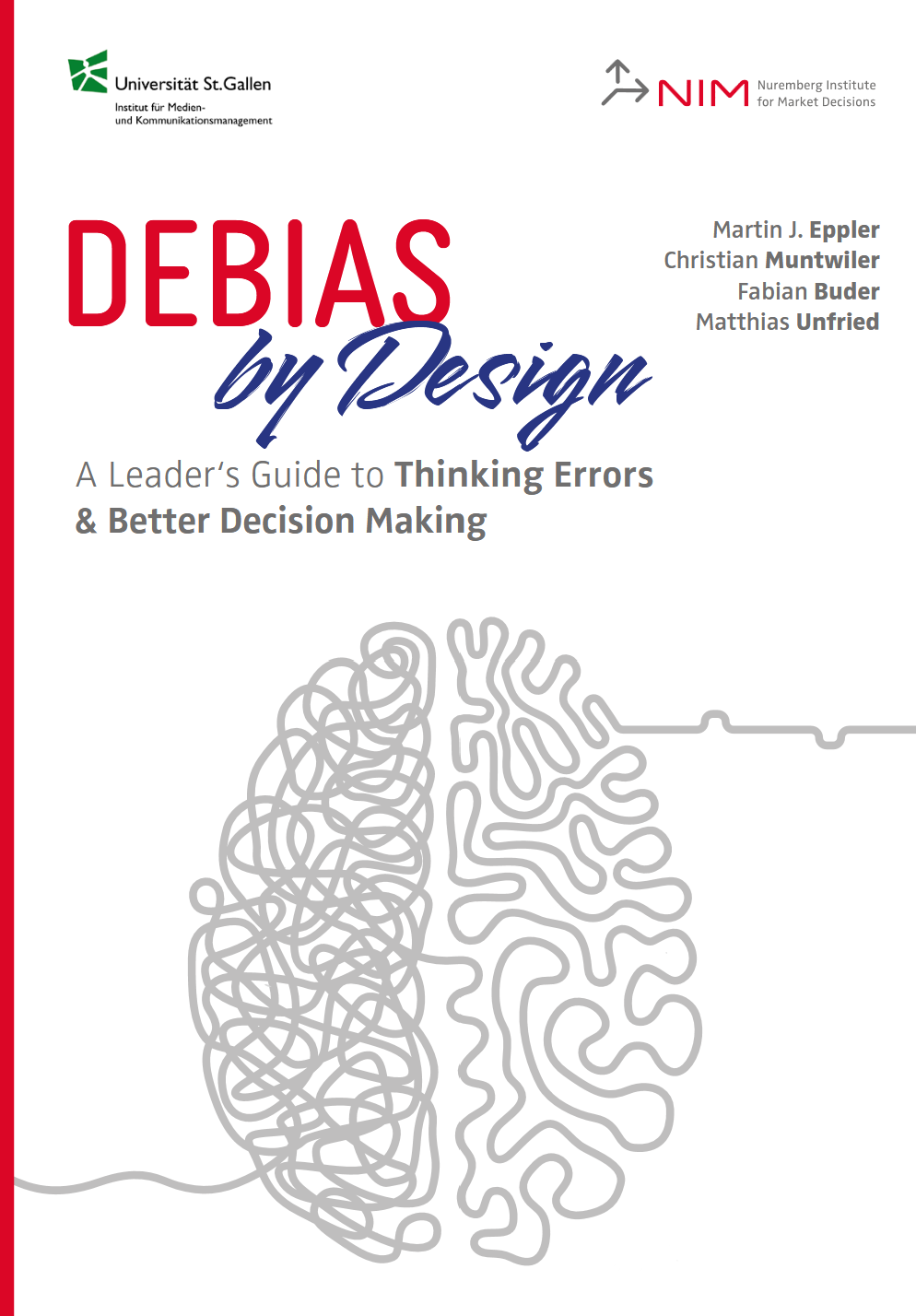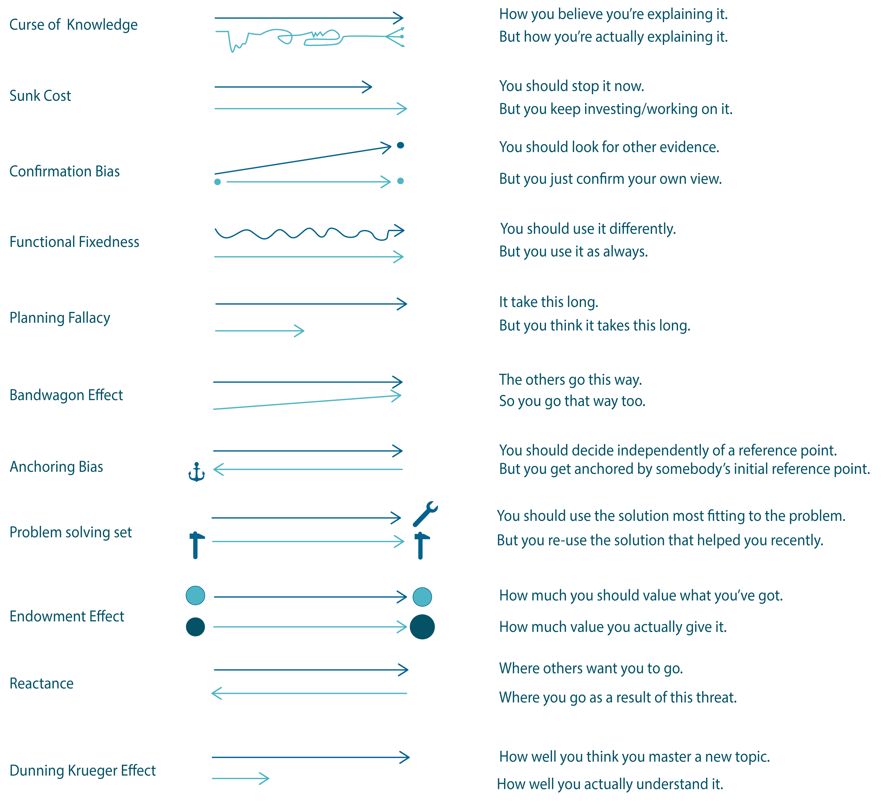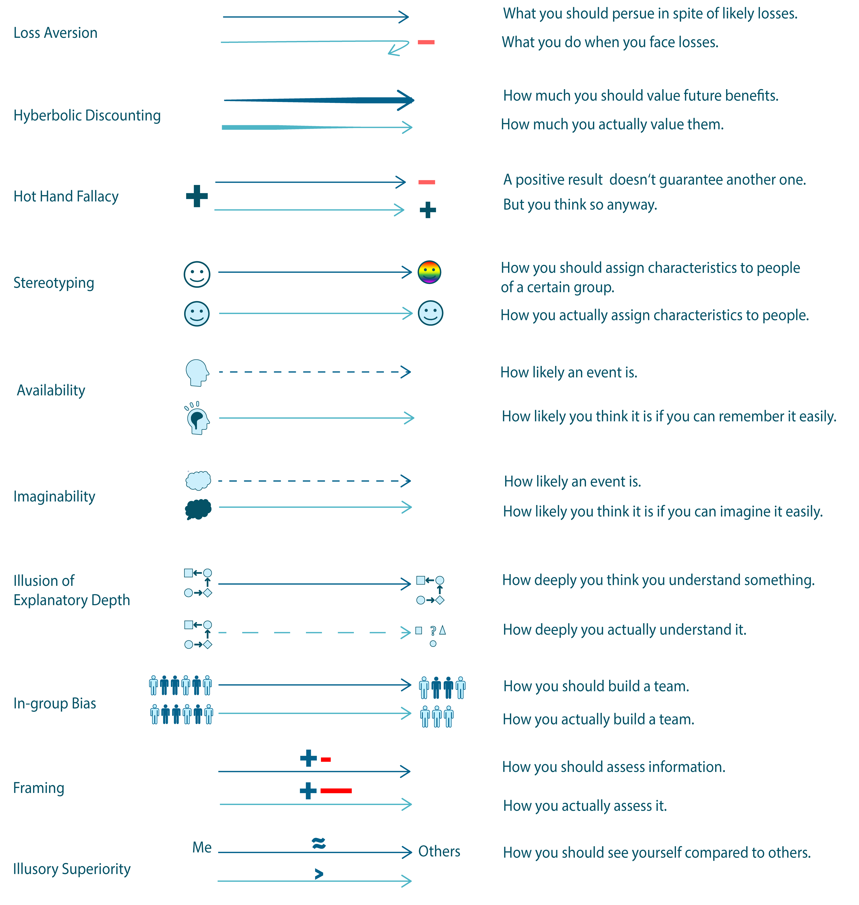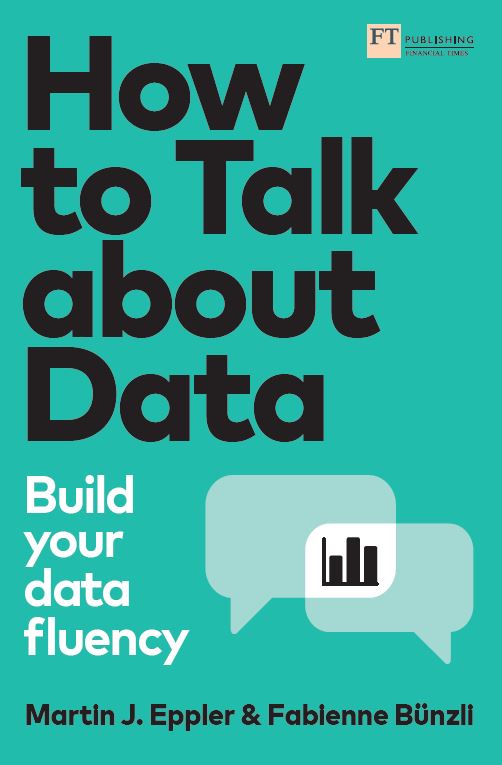Debias by Design
A Leader’s Guide to Thinking Errors & Better Decision Making
Buy Now for $18
About The Book
Debias by Design is a systematic guide to the most frequent and impactful decision-making mistakes in management. It outlines why such errors come about and how to prevent or correct them. Debias by Design makes the extensive evidence on cognitive biases available to professionals in an accessible, entertaining, and visual format so that detrimental mental shortcuts can be more easily spotted and avoided in everyday decision making. Besides a concise and visual guide to the most relevant biases, the book also presents simple debiasing tools, methods, and tricks to improve decision making systematically.
Written by an experienced team of practitioners and academics, Debias by Design offers the following features:
- A state-of-the-art survey on the most relevant and impactful cognitive biases from the point of view of experienced managers.
- A highly visual and instructive guide to the most important cognitive biases.
- The Decision TUNER approach to boost the quality of your decisions.
- A toolbox on how to systematically avoid bias as an individual, team, and organization.
- A tutorial on how to spot your own bias blind spots.
- An outlook on how to deal with biases in hybrid or AI- and analytics-assisted decision making.
- A self-test to calibrate your own decision making and know your own bias weak spots.
Debias by Design – so that you can design better decisions
What’s inside
A Bias Tutorial
What drives cognitive biases in decision making
Spotting Biases in Decision Making at Work
What are the most prevalent biases in managerial decision making and how to spot them
The Decision TUNER
The TUNER approach to debias decisions
A Typology of Cognitive Biases
A classification and overview of 190 cognitive biases
Debiasing Decisions
20 debiasing practices that help to improve one’s decision making
Self-Tests
Two self-tests on decision styles and one’s own bias behavior to identify one’s weak spots in decision making
The 15 Most Dangerous Biases in Managerial Decision Making:
- Functional Fixedness
- In-Group Favoritism (In-Group Bias)
- Planning Fallacy
- Availability Bias
- Curse of Knowledge
- Imaginability
- Bandwagon Effect
- Illusory Superiority (Overestimation)
- Problem-Solving Set
- Confirmation Bias
- Illusion of Explanatory Depth
- Stereotyping
- Sunk Cost Neglect
- Anchoring Bias
- Framing
And what you can do to mitigate their influence on your decisions.
Chapters
Pages
Decision Style Test
Top Decision Biases
About the authors

Professor Martin J. Eppler, PhD, is a chaired professor of communications management at the School of Management of the University of St. Gallen, one of Europe’s top six business schools. He is a director of the Institute for Media and Communications Management and an advisor and trainer to organizations such as the European Central Bank, the United Nations, Swiss Re, and many others. He is the author of 24 books on visualization, creativity, and analytics and the inventor of numerous visualization techniques. He has been a guest professor at universities in the US, Canada, China, Finland, Peru, and the United Kingdom.

Dr. oec. HSG Christian Muntwiler is an experienced management trainer and consultant (www.sgcm.ch) with a focus on strategic management, strategic and operational marketing and the goal of sustainably improving the quality and traceability of strategic decisions. His research at the University of St.Gallen focuses on how to improve managerial decisions as in his dissertation on “Cognitive Biases and Debiasing in Strategic Decision Making”.

Dr. Fabian Buder heads the Future & Trends Research group at the Nuremberg Institute for Market Decisions, a non-profit institute for research on consumer and market decisions. In his research, he examines the impact of technical innovations and social trends on the future of decision-making in markets. He also is a Research Affiliate at the Institute for the Future IFTF in Palo Alto, USA, and lectures at German and international universities.

Dr. Matthias Unfried is the Head of Behavioral Science at the Nuremberg Institute for Market Decisions, a non-profit institute for research on consumer and market decisions. His research focuses on biases in consumer and manager decision-making, the impact of emotions on consumer decisions, emotion measurement, and decision-making in risky environments. He has authored and published several papers on topics related to consumer and manager decision-making. Additionally, he has taught behavioral economics, experimental economics, biases and heuristics in decision-making, consumer psychology, and statistics at universities in Germany, South Africa, and China.
Other books
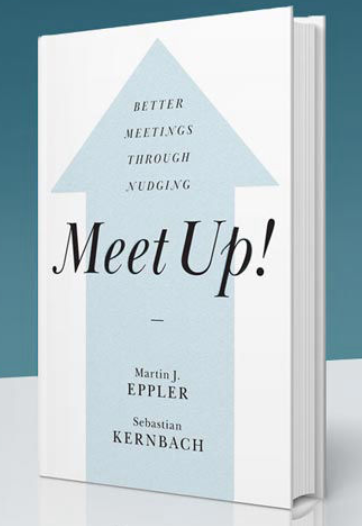
Meet up!
Better Meetings through Nudging (Cambridge University Press) – Winner of the getabstract International Book Award
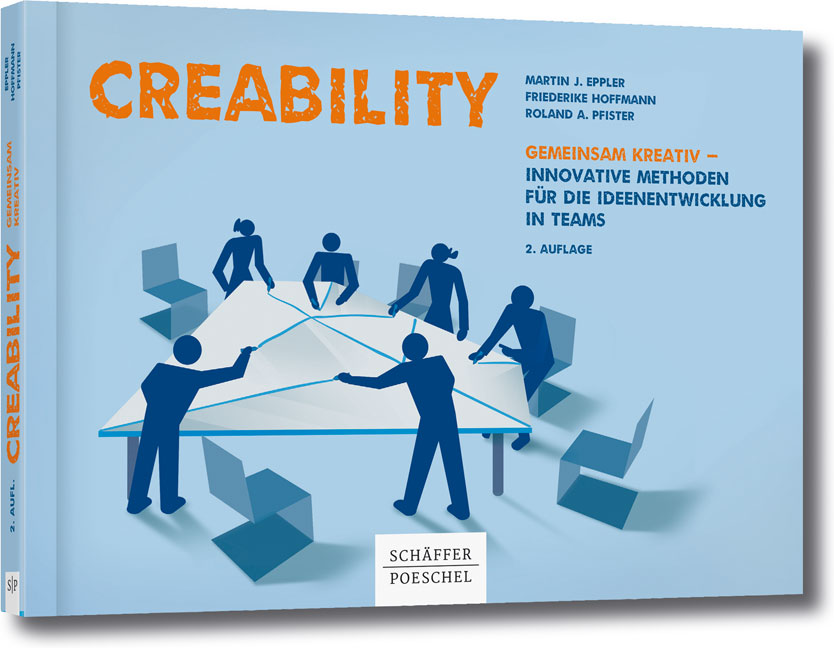
Creability
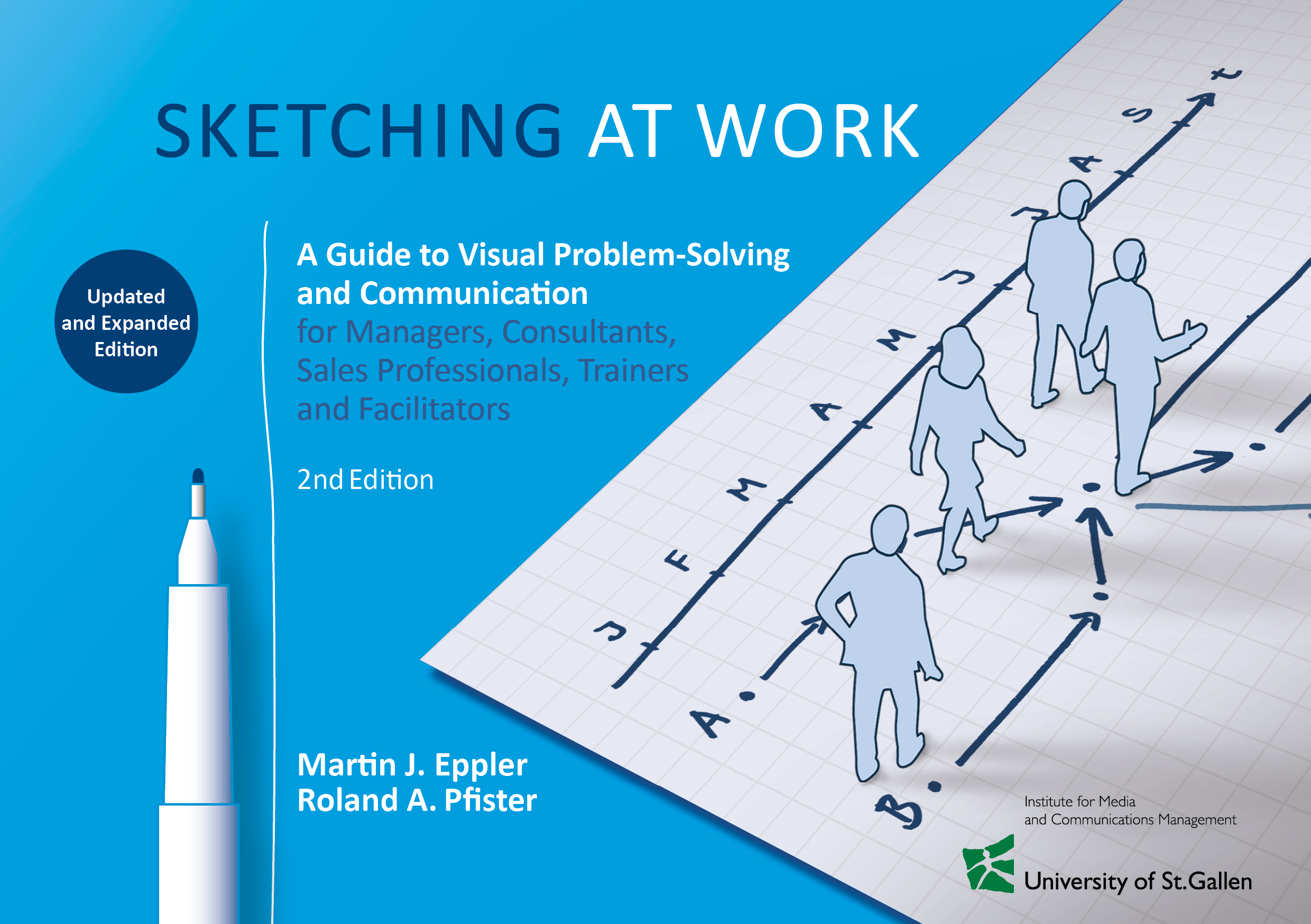
Sketching at Work

Life Design
How to Talk about Data – Build your Data Fluency
Our new Financial Times Press book from us on how to lead effective data dialogues.
